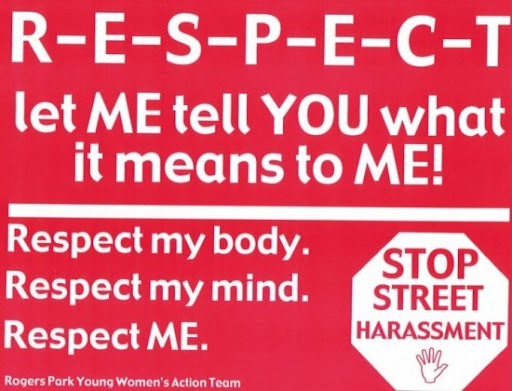
When we think of countries with a culture of bias towards baby boys, we tend to think of places like India and China. But as the results of a recent Gallup poll show, this mindset is also prevalent in the USA - and has been for the last 70 years.
Gallup has asked Americans about their preferences for boy or girl children 10 times since 1941, using slightly different wording each time but always asking whether, if they were to have a child, they would prefer a boy or a girl - or have no opinion. And what's surprising is that the answers haven't changed an awful lot over the years, despite massive changes in society,
In 1941 38% of those surveyed would have preferred a son with 24% preferring a daughter and 23% saying they weren't sure or it didn't matter. This year, the percentages stand at 40% for a son and 28% for a daughter with 26% of respondents saying that it didn't matter, when asked which gender they would prefer if they could only have one child.
What's more noticeable are the differences when you break the responses down by gender, political leanings, age and level of education. Conservatives showed a bias towards sons, as did those educated to high school level, compared to liberals and those with a university education, who seemed to value sons and daughters more equally.
For some reason I would have assumed that the older generation would show greater preference for boys, due to generational differences regarding opinions of men and women and their roles in society - yet this wasn't so. It was interesting to see that as the age of those surveyed increased, their bias towards sons actually decreased, with 54% of 18-29 year-olds preferring a son and 22% preferring a daughter, while the figures for the 65+ age group were 31% for a son and 29% for a daughter, with 40% stating they had no preference.
The more noticeable difference is between men and women. 49% of men would prefer a son as opposed to 22% wanting a daughter, while out of the women surveyed, 31% plumped for a son and 33% for a daughter. In men of all ages, the bias towards boys remained pronounced - particularly in the 18-49 age group (54%), while there was very little difference in the gender preference of women in general.
The preference for sons has meant that girls are neglected as children, abandoned and left to die, or aborted once their parents find out the sex of their baby - a practice increasingly common among middle class couples who have access to good healthcare. It's estimated that there are 15 million 'missing girls' in India - and 25 million in China.
While reading some articles about the poll, it was interesting to read the reasoning people gave 'below the line'. As I suspected, a few of the reasons I've heard real-life acquaintances use when discussing babies popped up.
You know the ones - that girls are "little drama queens" and "too hard to handle", that you have to worry about what they'll get up to with boys, about teen pregnancies and paying for weddings and catfights in the playground. Boys are, apparently, "less trouble". Maybe the fact you tend to hear this from younger adults accounts for the difference of opinion which comes with age.
I do wonder whether these are things that people actually do think about - or whether they're just things that people say because everyone says them, much like the oft-repeated criticism of women in general being 'catty' or 'bitchy' or 'high maintenance'. Not being a mother, I haven't yet had to seriously consider it, but I find it hard to believe that so many people really have their potential daughter's potential sexual exploits on the brain while pregnant.
Maybe marked preference of sons as far as men are concerned has some roots in all the old clichés some men trot out about wanting a son to take fishing or to play football with, forgetting, of course, that girls can do that stuff too (I know, right, controversial stuff). Maybe it's about 'carrying on the family name'.
Or is it a sign that deep down, societies still value sons more than they would care to admit - even the ones which would consider themselves far more progressive than countries where the neglect and murder of girl children is a problem? Let's not get too hung up on the results of one small poll, but it definitely makes you wonder.
This post originally appeared at BitchBuzz. Image via Micah Taylor's Flickr.







